Autopoietic system
Autopoiesis is a neologism coined by Chilean scientists Humberto Maturana and Francisco Varela. Derived from the Greek auto: self, and poiesis: creation, the term refers to a system's ability to regenerate itself.
Maturana and Varela introduced this concept in a series of publications, initially as part of a complex and ambitious approach to defining the living, determining what constitutes the essence of a living organism and enabling it to be characterized as such.
After several years of research, they came to the conclusion that life is defined by its capacity for self-creation. In other words, an autopoietic system is one that creates itself: it is in perpetual renewal, and this regeneration is autonomous.
A typical example of an autopoietic system is the biological cell, whose components are constantly renewed without modifying the cell's internal structure (nucleus, membrane, etc.). Conversely, a classic counter-example is that of a factory that creates a product (a car, for example) distinct from what it is itself (a factory). This illustrates the essential difference between production and regeneration.
Furthermore, an autopoietic system is characterized by its dual nature: it is both closed (i.e. identifiable and delimited) and open to its environment. A boundary, whether organic or operational depending on the nature of the system studied, separates the system from its environment. However, this boundary remains sensitive, enabling it to acquire the resources it needs to regenerate itself.
Sociologist Niklas Luhmann, a major figure in systems theory, then took the concept of self-possession and applied it to non-biological systems, claiming that it extended to these structures as well. He developed a social application of self-possession, describing systems as combinations of interactions that reproduce and call upon each other.
It is therefore on internal communications that the self-replicating dynamics of all social organizations are based.
Unlock your organization's potential
.
We're here to answer all your questions and support you in your projects.


